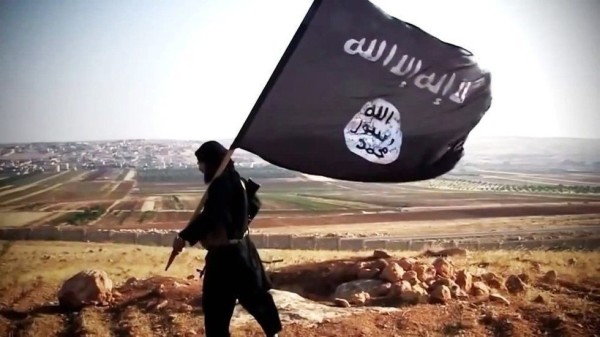

MANAMA (Reuters) – U.S. Central Command chief General Kenneth McKenzie said on Saturday about 500 U.S. personnel in east Syria are expected to resume operations against Islamic State in coming days and weeks.
Islamic State has lost nearly all its territory in Syria and U.S. forces killed its former leader Abu Bakr al-Baghdadi last month, but the group that once controlled a third of Syria and neighboring Iraq is still seen as a threat.
The administration of President Donald Trump shocked U.S. allies last December by saying Washington was pulling out all its troops from Syria.
It said later it decided to keep a residual force in the northeastern part of the country, focusing on preventing Islamic State from staging a comeback and attacking the oilfields there.
“Now I’ve got about 500 U.S. personnel generally east of the Euphrates river east of Deir al Zor up to Hasaka, northeast all the way up into extreme northeast Syria,” McKenzie told reporters on the sidelines of the Manama Dialogue security summit in Bahrain.
“It is our intention to remain in that position working with our SDF (Syrian Democratic Forces) partners to continue operations against ISIS down the Euphrates river valley where those targets present themselves,” he added.
Turkey launched and then halted an offensive against the YPG, the main component of the U.S.-backed SDF that helped the United States defeat Islamic State, which it sees as a terrorist group with links to Kurdish militants on Turkish soil.
Moscow, the main backer of Syrian President Bashar al-Assad, said this week it was also in the process of deploying more Russian military police to northeast Syria, setting up field hospitals for civilians, distributing humanitarian aid and rebuilding infrastructure.
(Reporting by Stephen Kalin; writing by Aziz El Yaakoubi; Editing by Kirsten Donovan and Ros Russell)